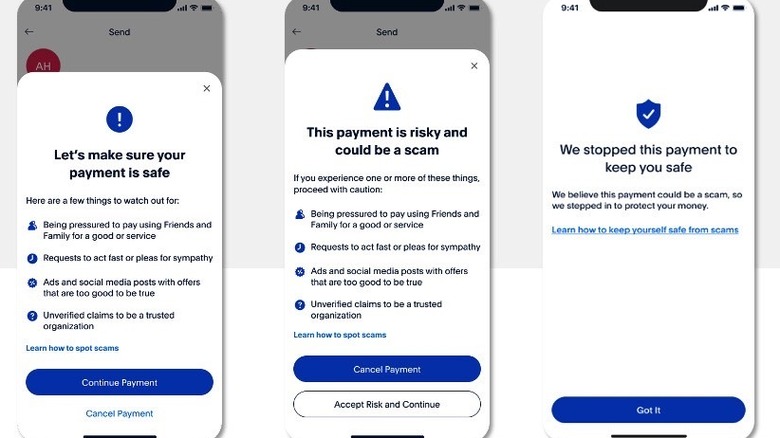OpenAI unveiled ChatGPT AgentA few days ago, there was an AI agent that runs a virtual computer to carry out online tasks on your behalf. This could include purchasing items, booking dinner reservations, or organizing travel itineraries. The agent may also request access to your email and other personal information to perform its duties.
Although advanced AI will always seek human input when handling sensitive information such as credit card details, it can still be concerning to provide this data to an AI. OpenAI recognized the risk, stating that hackers are expected to develop methods to exploit it.New threats targeting products such as ChatGPT AgentThe company stated that it incorporated safeguards into ChatGPT Agent, but recommended taking precautions.
Even without ChatGPT Agent being in use, bad actors have swiftly adjusted to the AI-driven landscape, developing attacks that utilize AI models to trick unaware users into giving up control of their devices or sending money. If cybercriminals leverage AI to create more realistic fraud schemes, it’s logical for those protecting against such threats to also employ AI systems to detect these scams at an early stage. PayPal is among the companies using AI to ensure your safety, recently stating that its security models will monitor PayPal and Venmo transactions in real-time to stop scammers from taking your money.
How PayPal’s Artificial Intelligence Fraud Notifications Function

According to PayPal, the new “AI-driven, adaptive fraud detection” is now available for PayPal and Venmo Friends and Family payments. The undisclosed security AI will safeguard transactions across the globe. The AI will track payment information and provide alerts when it detects that you may be sending money to a fake account.
PayPal is working to stop fraudulent transactions that cannot be reversed through refunds afterward. The AI security system that PayPal has created examines billions of data points in real time. It can gain insights from new information and adjust to changing scams. According to a press release from PayPal, the AI is capable of identifying a potential scam even if it has not been encountered before. “In contrast to traditional, generic alerts, PayPal’s notifications are dynamic and customized to be displayed based on the probability of fraud for each transaction,” states PayPal. “The system delivers messages that accurately represent the risk associated with the payment a customer is attempting.”
As shown in the image above, the system issues “progressively more severe warnings” based on its level of confidence that a PayPal or Venmo user could be falling for an online scam. The AI will also introduce “greater obstacles” when making payments in situations with higher risk. One of the screenshots released by the company displays a message from the AI notifying the user that a payment was automatically blocked. PayPal’s latest AI security feature follows a few months afterVisa, Mastercard, and PayPalrevealed additional features designed to enhance and protect AI-driven shopping in the age of artificial intelligence.
The Latest Internet Frauds You Should Be Aware Of

Regardless of whether you continue to receive new AI-based scam notifications from PayPal and Venmo, it’s important to understand the various types of attacks that cybercriminals are employing. Some hackers send emails that are becoming more and more realistic.impersonatingPayPal alerts users that they are about to complete a major transaction. The user is prompted to contact a support number, where cybercriminals are waiting. The fraudulent PayPal representatives attempt to persuade the victim into installing malicious software that grants them access to the victim’s devices.
Others might utilize PayPal’s valid billing system to generatefake invoicesFor substantial amounts of money. The hackers attempt to persuade victims to call a fabricated customer service number. After that, they may seek to acquire personal details or convince victims to install malware capable of monitoring their every keystroke.
Norton put together a blog postA few weeks back, there was a detailed discussion about different online frauds that involve artificial intelligence. Some criminals choose deepfake schemes, attempting to mimic the appearance of a victim’s contact in a video. They could also employ AI to replicate the voice of a family member. In either case, the perpetrator will attempt to request money. Cybercriminals also utilize AI-created websites to gather personal details from unaware users. Artificial intelligence can be utilized in investment frauds, such as those related to cryptocurrency, and for AI-generated phishing attempts. The entire article is worth reading to understand the types of threats that exist online.
Read the original article on .







